Building a Science-driven Path to
Sustainability
We are a research group
from
Ljubljana, Slovenia
With advanced expertise in
Data driven research
Using data mining for extracting knowledge from large datasets
Text driven research
Using text mining for extracting knowledge from textual documents
Knowledge representation
Using qualitative modeling for structured representation of experts' knowledge
User-friendly application
Making complex software solutions easy to be used and accessible
Applying our results in the fields of
Ecology
Environment
Agriculture
Forestry
Food-systems
We develop
Decision Support Systems
…. so that the knowledge
gained through advanced AI technologies
can help transforming to a sustainable society
WHY?
The amount of data and information available to decision-makers is increasing, as are the number of requirements and restrictions. The complexity of decision-making is therefore becoming increasingly unmanageable and the probability of making the wrong decisions is rising sharply.
HOW?
We collect knowledge from large amounts of data, extensive collections of scientific and technical publications and from experts. We use modern artificial intelligence (AI) technologies to organise the useful information into interpretable patterns, knowledge graphs and structured decision-making processes.
WHAT?
Our Toolbox
is used for a variety of challenges
MAG
2025
Market Avenue Generator
The problem it addresses
Farmers, small agri-food enterprises and innovators increasingly face the challenge of developing viable and sustainable business models in a rapidly changing food system. While new products, diversification opportunities and underutilized crops offer significant potential, many stakeholders struggle to transform promising ideas into coherent, market-ready business concepts. The lack of structured guidance and limited expertise in business planning often leads to abandoned innovations or unsuccessful investments. As a result, many valuable ideas never progress beyond the conceptual stage and the agri-food sector loses opportunities for higher added value and resilience.
The solution it provides
To support innovators in early-stage business development, MAG (Market Avenue Generator) offers a structured, AI-supported Decision Support System for creating sustainable business models. MAG guides users through the entire planning process: defining the business idea, identifying customers and value propositions, analyzing costs and risks, and assessing technological maturity (TRL) and sustainability across economic, environmental and social dimensions. The integrated AI assistant provides real-time suggestions, highlights gaps, and helps refine each part of the model. By transforming initial ideas into clear and feasible business concepts, MAG enables farmers, SMEs and agri-food innovators to make informed decisions before entering production or making large financial commitments, thereby strengthening innovation capacity and supporting the adoption of underutilized crops.
SFW Simulator
2025
Soil Food Web Simulator
The problem it addresses
Predicting how stressors affect soil ecosystems remains a key challenge in ecology and soil management. Disturbances like pollution, drought, or compaction can ripple through soil food webs and disrupt the ecological processes they support. Yet due to the complexity of these systems and limited data, it’s often difficult to explore such impacts in a structured way. Existing approaches tend to focus on individual indicators or rely on complex models that are difficult to handle. This creates a need for tools that can offer a simplified, first-order approximation of stressor impacts, helping users explore how soil biota and the processes they drive might respond to different disturbance scenarios.
The solution it provides
Simulating the effects of stressors on soil ecosystems can help us predict where and how ecological disruption occurs. Soil Food Web Simulator provides a way to explore these impacts by modelling how stressors influence energy flow across trophic levels and affect the performance of soil processes provided by different organisms. Users can define or select stressor effects, adjust primary producer inputs, and observe how disturbances propagate through the food web. The stepwise simulation highlights which parts of the system are most impacted and how soil functions might shift as a consequence.
TroProSCOPE
2025
Soil Food Web Explorer
The problem it addresses
Despite the central role of soil organisms in delivering ecosystem functions, their contributions remain underrepresented in our assessments of soil health and decisions in soil management. This is partly due to the inherently complex and dynamic nature of soil food webs, which involve numerous interacting organisms across different trophic levels. Traditional assessment approaches often reduce this complexity to static indicators, overlooking the multifunctional roles that different soil biota perform. As a result, our ability to diagnose ecological risks, interpret biological indicators, or design targeted interventions that harness the potential of soil life is significantly constrained.
The solution it provides
Viewing soil functions through the lens of the food web reveals their anchorage in soil’s biological properties. To illustrate these connections, we have developed an interactive visualisation tool that links key soil processes with the trophic guilds and shows where in the food web these processes are anchored and which groups of organisms are involved. Users can navigate the food web to trace processes like mineralisation, aggregation or bioturbation, and follow which biological actors support them. The tool goes beyond visualisation of static indicators to emphasise the dynamic interactions among soil biota that drive key ecosystem processes.
S-PFP Tool
2024
Sustainable public food procurement DSS
The problem it addresses
Local governments face the challenge of ensuring sustainable public food procurement while supporting small-scale farmers. Despite the benefits of public food procurement, such as boosting local economies and promoting sustainability, smaller farmers often struggle to participate due to complex legal and administrative requirements. This results in limited access to public procurement opportunities for small-scale producers, hindering their economic stability and the overall sustainability of the food system.
The solution it provides
IPM Adviser
2023
The problem it addresses
The solution it provides
BEFANA
2022
The problem it addresses
The solution it provides
DEXiWare
2022
The problem it addresses
The solution it provides
PATHFINDER
2021
A decision support system for sustainability assessment of legume agri-food chains
The problem it addresses
The solution it provides
2021
A decision support system for optimizing management strategies of tomato production under different stress conditions
The problem it addresses
The solution it provides
2019
The problem it addresses
The solution it provides
EVADIF
2017
A decision support system for the risk management of water pollution by phytochemical products
The problem it addresses
The solution it provides
Our Projects
drive sustainable solutions and environmental resilience
Our Team
Agriculture of data
GreenNudge
LegumES
BENCHMARKS
WeFe4Med
RADIANT
IPM decisions
EUdaphobase
TRUE
TOMRES
LANDMARK
creates impact through expertise and collaboration
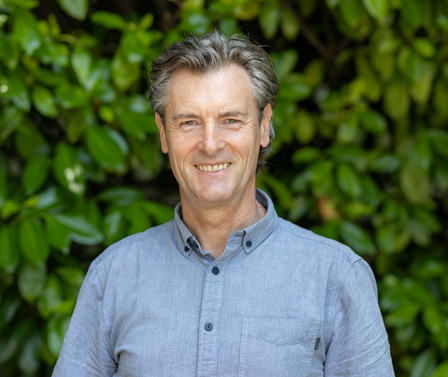
prof. Marko Debeljak, PhD
Marko Debeljak is senior researcher and chair of the EcoEnvAI Group in the Department of Knowledge Technology at the Jozef Stefan Institute. The group focuses on applying various artificial intelligence (AI) methods to develop advanced decision support systems (DSS) that promote the sustainable management of natural resources. Marko Debeljak has a PhD in forest ecology and has been working as an ecological modeller using AI methods for more than 25 years. For the last 15 years, he has specialised in the development of AI-based DSS with a particular focus on sustainable agricultural and food systems. He has participated in more than 15 European research projects and published more than 70 papers. He collaborates with the leading European research institutes and universities in the field of agriculture and teaches ecological modelling as an associate professor at the Jožef Stefan International Postgraduate School, the University of Ljubljana and the University of Tennessee, USA.

Tanja Dergan, PhD
Tanja Dergan holds a PhD in agronomy economics from the Biotechnical Faculty at the University of Ljubljana. In her PhD thesis, she worked on the sustainability assessment of agri-food chains using the DEX method. Her work bridges the gap between agri-food systems and advanced decision support systems with the aim of improving the overall sustainability and efficiency of the agri-food sector. In her research, she is also focused on public food procurement and its potential to support sustainable food systems..
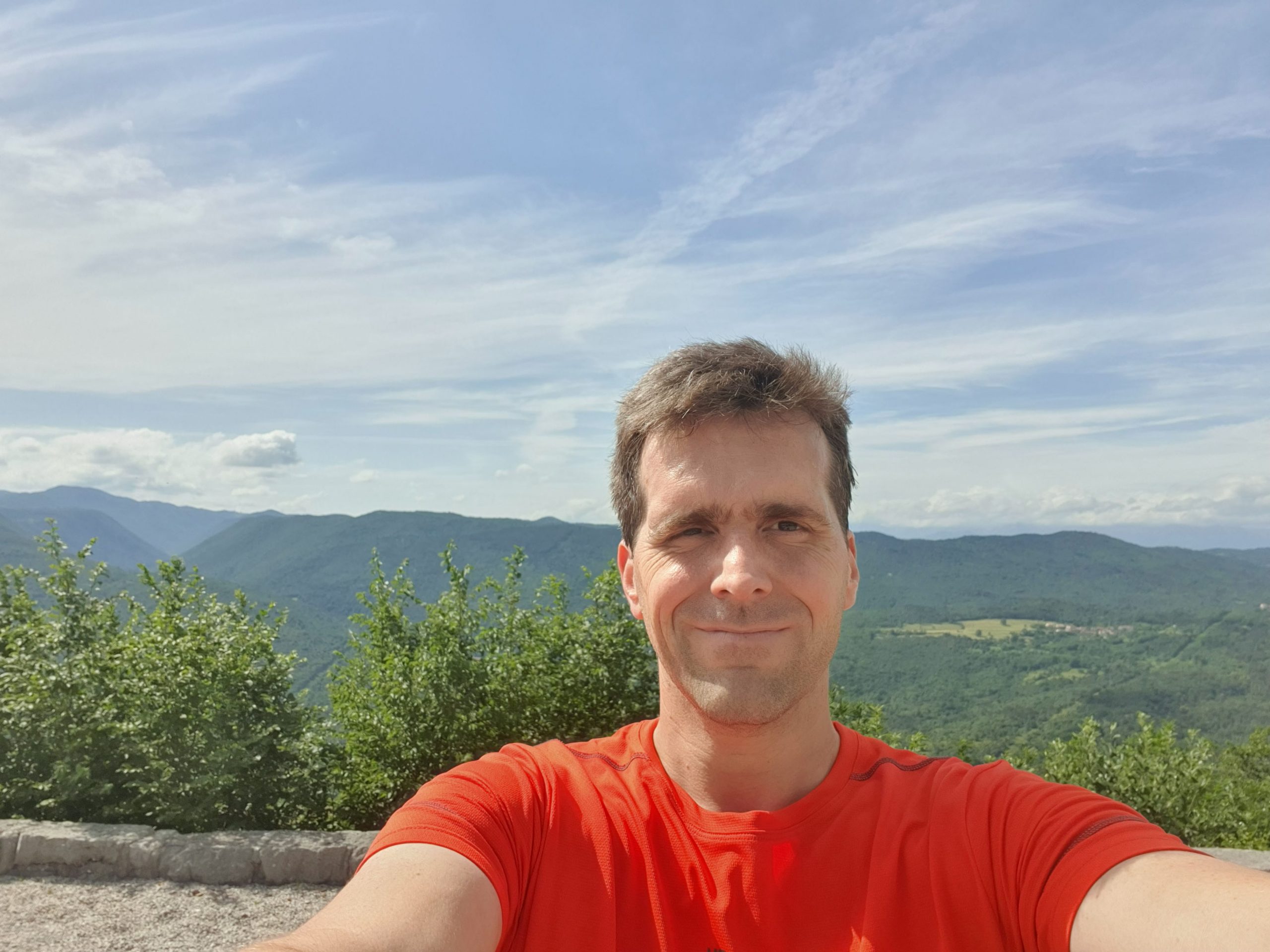
Bojan Blažica, PhD
Bojan Blažica is a senior researcher with the EcoEnvAI team, specializing in web interfaces for decision support systems and applying large language models to environmental and sustainability topics. He studied electrical engineering at the University of Ljubljana and holds a Ph.D. in intelligent user interfaces, focusing on artificial intelligence in human-computer interaction. As a founder of the Human-Computer Interaction (HCI) community and the HCI-SI conference in Slovenia, he emphasizes a user-centered approach in his work. Bojan is also the co-founder and product manager of Tomappo, a web and mobile app for hobby gardening. In addition to his primary research, he has worked on biomechanical measurement devices, serious games for rehabilitation and sports, and applying sports training in aging studies.
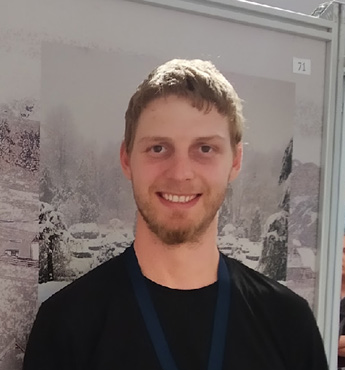
Jurij Marinko, MSc
Jurij Marinko holds a master’s degree in agronomy from the Biotechnical Faculty of the University of Ljubljana. In his master's thesis, he investigated the effectiveness of plant strengtheners on selected harmful and beneficial organisms and their potential as an alternative to pesticides. His desire to help farmers reduce the use of pesticides led him to pursue a PhD at the Jožef Stefan International Postgraduate School, where he is researching barriers and incentives for the adoption of decision support systems (DSS) in agriculture. His passion for nature conservation and supporting sustainable agricultural practises is also reflected in his work on other agroecological topics addressed by the EcoEnvAI research team.
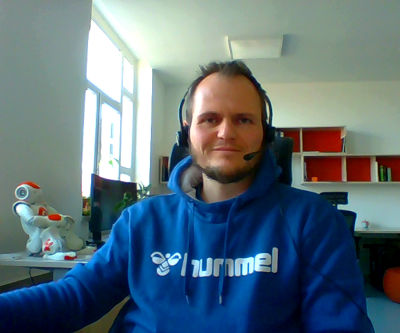
Vid Podpečan, PhD
Vid Podpečan is a senior researcher at the Jožef Stefan Institute, specializing in machine learning and data mining. He earned his BSc in Computer Science from the University of Ljubljana in 2007, followed by a PhD from the Jožef Stefan International Postgraduate School in 2013. His research interests span various domains, including natural language processing, network analysis, robotics, and life sciences, with a particular emphasis on plant biology and soil science. He has co-authored two scientific monographs and published 25 original research articles. He has actively participated in numerous European and national research projects. He is also dedicated to education and the promotion of STEAM disciplines, focusing on robotics, programming, and art.
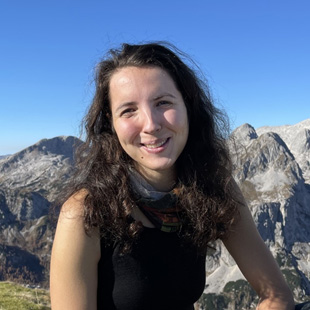
Manca Topole, MSc
Manca Topole graduated from the University of Ljubljana with a BSc in Agriculture – Agronomy and has completed her Master's degree in Agronomy. The research for her master's thesis was part of the EUdaphobase COST Action, where she focused on soil biodiversity data in the Balkans and its use for environmental assessments. As a technical associate, she continues her research at the Jožef Stefan Institute, focusing on the soil food web and exploring the functional links between soil communities and soil health to support sustainable land management practices.
Interested in a
Collaboration?
We regularly team up with a range of different professions, including
Practitioners
who want to increase the sustainability in their particular field of work
Researchers
who are interested in the scientific methods behind decision support systems
Policy-makers
who are looking to take long term actions to improve the sustainability of society
You?
Have a project idea for increasing sustainability in a knowledge-driven way?
by sending us an email or via LinkedIn


